Tadić on decentralization of Serbia
President Boris Tadić said on Monday that the process of decentralization must be implemented for the sake of state stability.
Tuesday, 30.03.2010.
09:38

President Boris Tadic said on Monday that the process of decentralization must be implemented for the sake of state stability. Any political abuse of that process can produce the contrary effect of state destabilization, he added. Tadic on decentralization of Serbia Opening the first national conference on decentralization, Tadic said that Serbia must find fresh solutions in this process rather than rely on decentralization models from the past or those used by some large countries. "Any wrong approach to decentralization is dangerous and can be counter-productive and cause social shocks instead of improvement. Decentralization is a long process for which large-scale preparations are necessary in transport and telecommunications," he said. "No one needs a municipality if there is no road by which it can be reached. Investments in the road network are therefore a national priority in the coming decade," Tadic added. "The map of economic activity and infrastructure is congruent with the population map, which means that where there is no population, there can be no economic development," Tadic said. "Depopulation and migration of the population from some parts of Serbia is the greatest problem in Serbia today," he emphasized. "Serbia's territorial organization should secure normal functioning of day-to-day living in all parts of the country," Tadic noted. Head of EU Delegation to Serbia Vincent Degert attended the same gathering and said that the EU welcomes reforms and decentralization in Serbia, stressing that it is shown by the union's past, present and future assistance to Serbia. Degert stated that the EU has provided "more than EUR 200mn as support", Tanjug reported. The two-day national conference, which is also attended by a number of international organizations, President Boris Tadic. Degert explained that the EU does not have a general model for decentralization, and that each member country implements its own, adding that Serbia also has to find the model that suits it best. The key principle is to bring decision making as close to the citizens themselves as possible, said Degert, adding that decentralization should give more power and more responsibility to the people. Thomas Moore, deputy head of Organization for Security and Cooperation in Europe (OSCE) Mission to Serbia, said that the goal of decentralization is to bring the power closer to the people, and that the OSCE considers it vital to its support for Serbia. Decentralization will bring economic benefits by removing monopolies, as well as political benefits by involving the people more directly in making the decisions that will affect their lives, said Moore. The OSCE official stressed that Serbia was not forced into decentralization by anyone from the outside, but that it decided to do so for the purpose of its own development. Constantin Yerocostopoulos, special representative of the Council of Europe secretary general in Serbia, said that the council pays special attention to the regions it considers fundamentally important for democracy. The council supports the implementation of EU standards to create successful local governments and establish independent local communities, said Yerocostopoulos. Tadic attends the conference (Beta)
Tadić on decentralization of Serbia
Opening the first national conference on decentralization, Tadić said that Serbia must find fresh solutions in this process rather than rely on decentralization models from the past or those used by some large countries."Any wrong approach to decentralization is dangerous and can be counter-productive and cause social shocks instead of improvement. Decentralization is a long process for which large-scale preparations are necessary in transport and telecommunications," he said.
"No one needs a municipality if there is no road by which it can be reached. Investments in the road network are therefore a national priority in the coming decade," Tadić added.
"The map of economic activity and infrastructure is congruent with the population map, which means that where there is no population, there can be no economic development," Tadić said.
"Depopulation and migration of the population from some parts of Serbia is the greatest problem in Serbia today," he emphasized.
"Serbia's territorial organization should secure normal functioning of day-to-day living in all parts of the country," Tadić noted.
Head of EU Delegation to Serbia Vincent Degert attended the same gathering and said that the EU welcomes reforms and decentralization in Serbia, stressing that it is shown by the union's past, present and future assistance to Serbia.
Degert stated that the EU has provided "more than EUR 200mn as support", Tanjug reported.
The two-day national conference, which is also attended by a number of international organizations, President Boris Tadić.
Degert explained that the EU does not have a general model for decentralization, and that each member country implements its own, adding that Serbia also has to find the model that suits it best.
The key principle is to bring decision making as close to the citizens themselves as possible, said Degert, adding that decentralization should give more power and more responsibility to the people.
Thomas Moore, deputy head of Organization for Security and Cooperation in Europe (OSCE) Mission to Serbia, said that the goal of decentralization is to bring the power closer to the people, and that the OSCE considers it vital to its support for Serbia.
Decentralization will bring economic benefits by removing monopolies, as well as political benefits by involving the people more directly in making the decisions that will affect their lives, said Moore.
The OSCE official stressed that Serbia was not forced into decentralization by anyone from the outside, but that it decided to do so for the purpose of its own development.
Constantin Yerocostopoulos, special representative of the Council of Europe secretary general in Serbia, said that the council pays special attention to the regions it considers fundamentally important for democracy.
The council supports the implementation of EU standards to create successful local governments and establish independent local communities, said Yerocostopoulos.





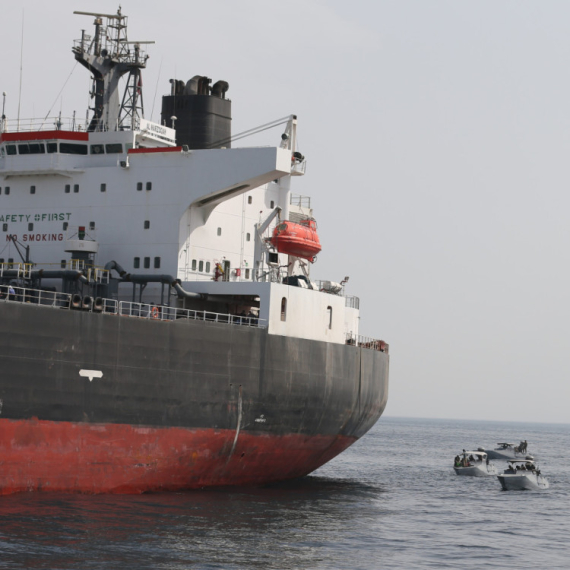

















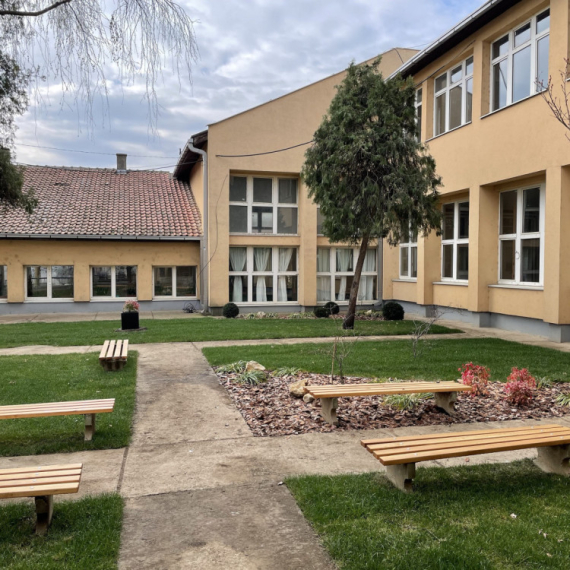










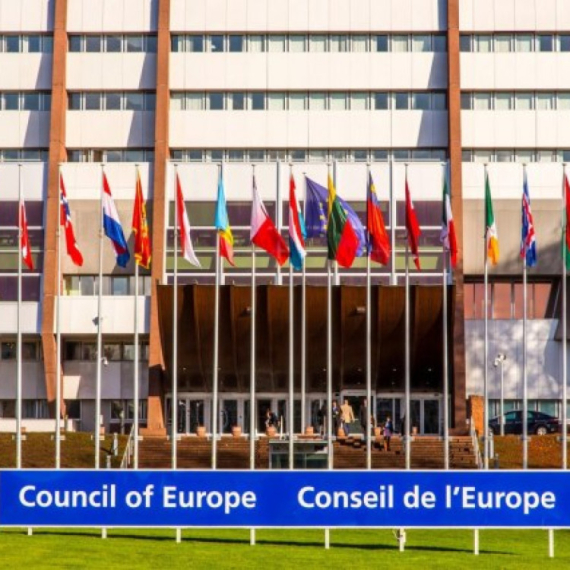



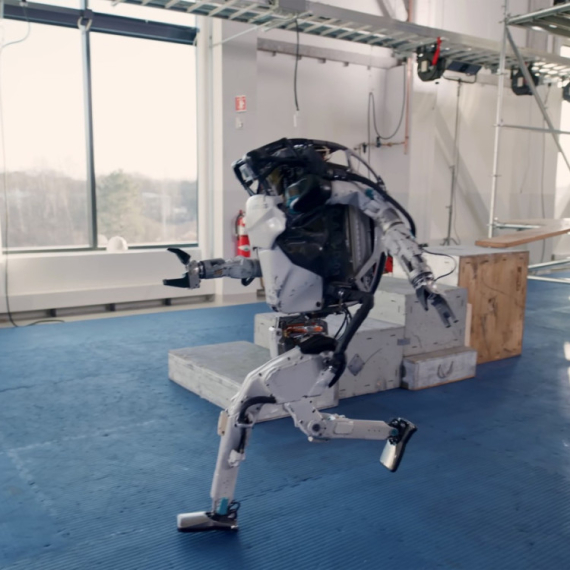






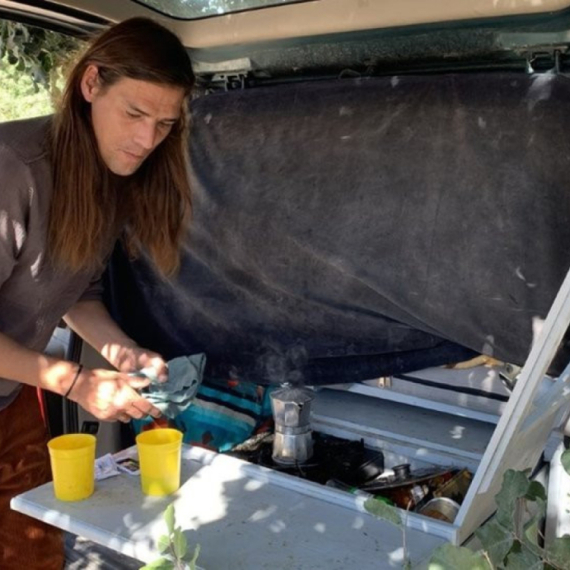
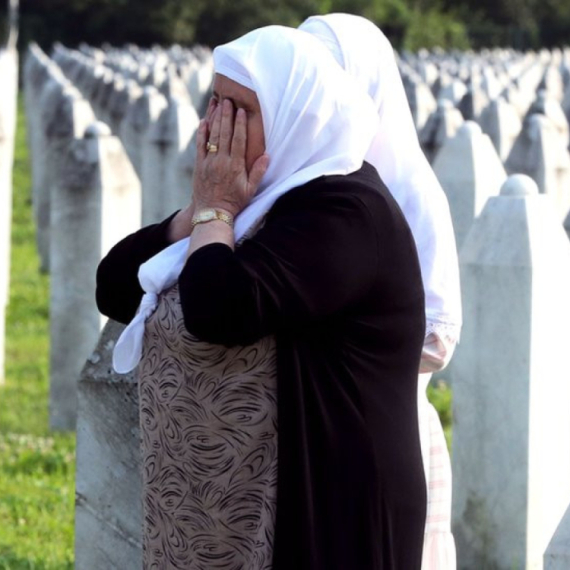
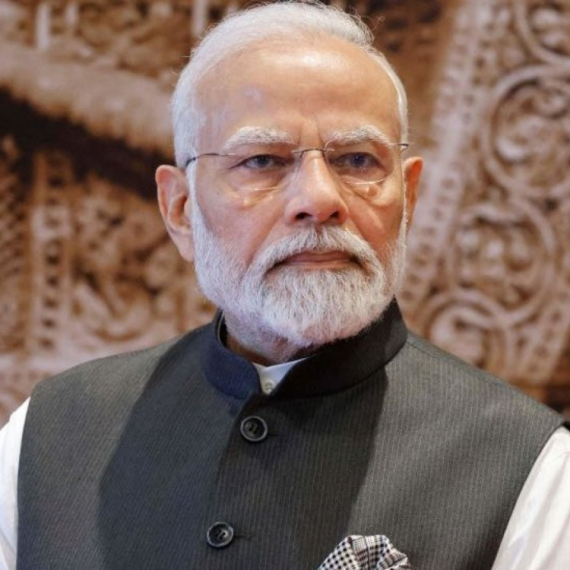

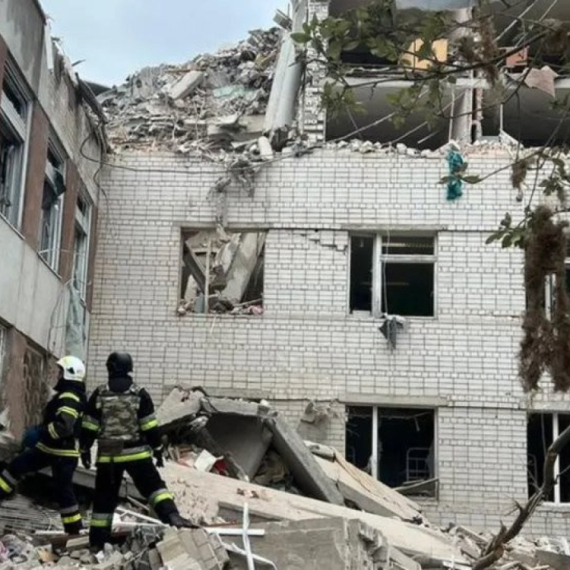

Komentari 11
Pogledaj komentare